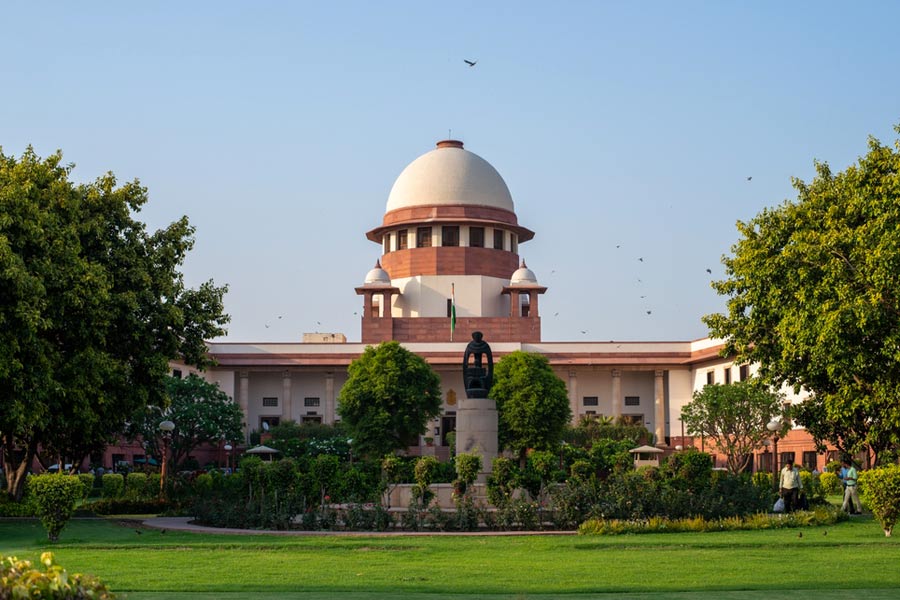Policing and procedural probity are not quite synonymous in India. That perhaps explains why investigating agencies have, quite often, seized electronic devices of journalists and citizens with impunity in the course of raids; the confiscation of devices during the raid on the news portal, NewsClick, is a case in point. A common allegation during these exercises is the unwillingness of personnel to adhere to procedure: the hash values of confiscated items are seldom produced. What has heightened the concern is the fear of the planting of incriminatory evidence: investigative reports have suggested that such an egregious transgression had taken place in the Bhima Koregaon case. Significantly, the seizure of electronic devices is not illegal. But the absence of precise guidelines enables law enforcers to indulge in mischief.
Hearteningly, the Supreme Court has now decided to plug this breach. Responding to a public interest litigation by the Foundation for Media Professionals, the highest court directed the Centre to come up with a clear protocol within a specific time frame to not only prevent arbitrary searches but also protect journalists from unwarranted seizure of their devices by the police, the Enforcement Directorate or the Central Bureau of Investigation. The logic of this intervention is sound. Digital devices — repositories of information — are critical equipment for the modern journalist: rendering them vulnerable to surveillance or, worse, malicious tampering would compromise the privacy of not just the journalist under investigation but also that of numerous other citizens. This cannot be condoned in a country where privacy has been acknowledged as a fundamental right. Mindful of the need to honour the principle of separation of powers, the honourable justices observed that it was leaving the task of framing the rules to the government even though the court was inclined to do so itself. What was even more telling — a sign of the times? — was the court’s remark that the “State cannot be run only through its agencies”. Indeed, the vesting of unbridled powers to the State could undermine liberty and, in effect, democracy. In fact, there is a case for the cynic to suggest that such a state of affairs has come to pass already: the steady deterioration of press freedom in India along with the Narendra Modi government’s domestication of the media would be cited as evidence.











